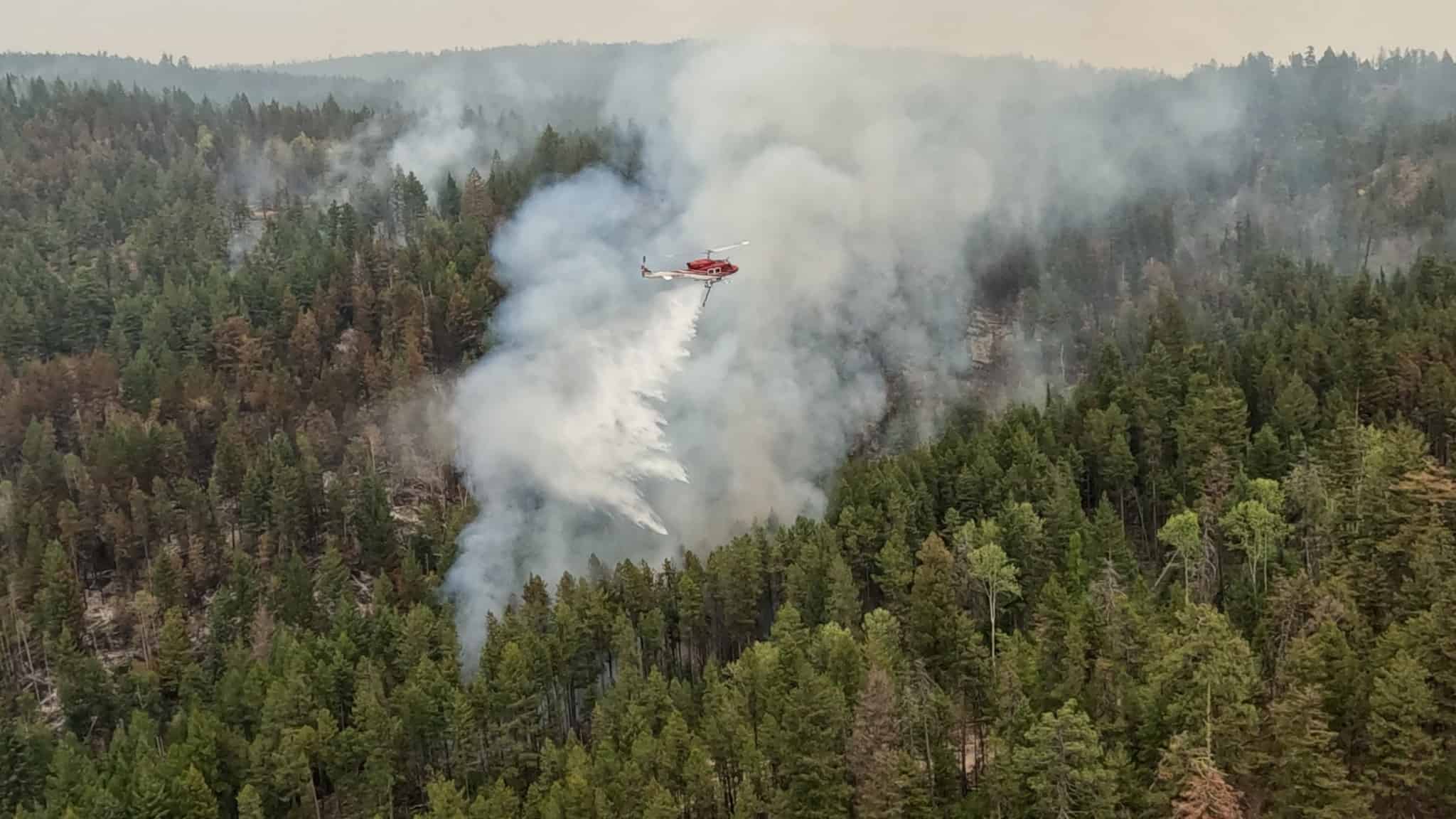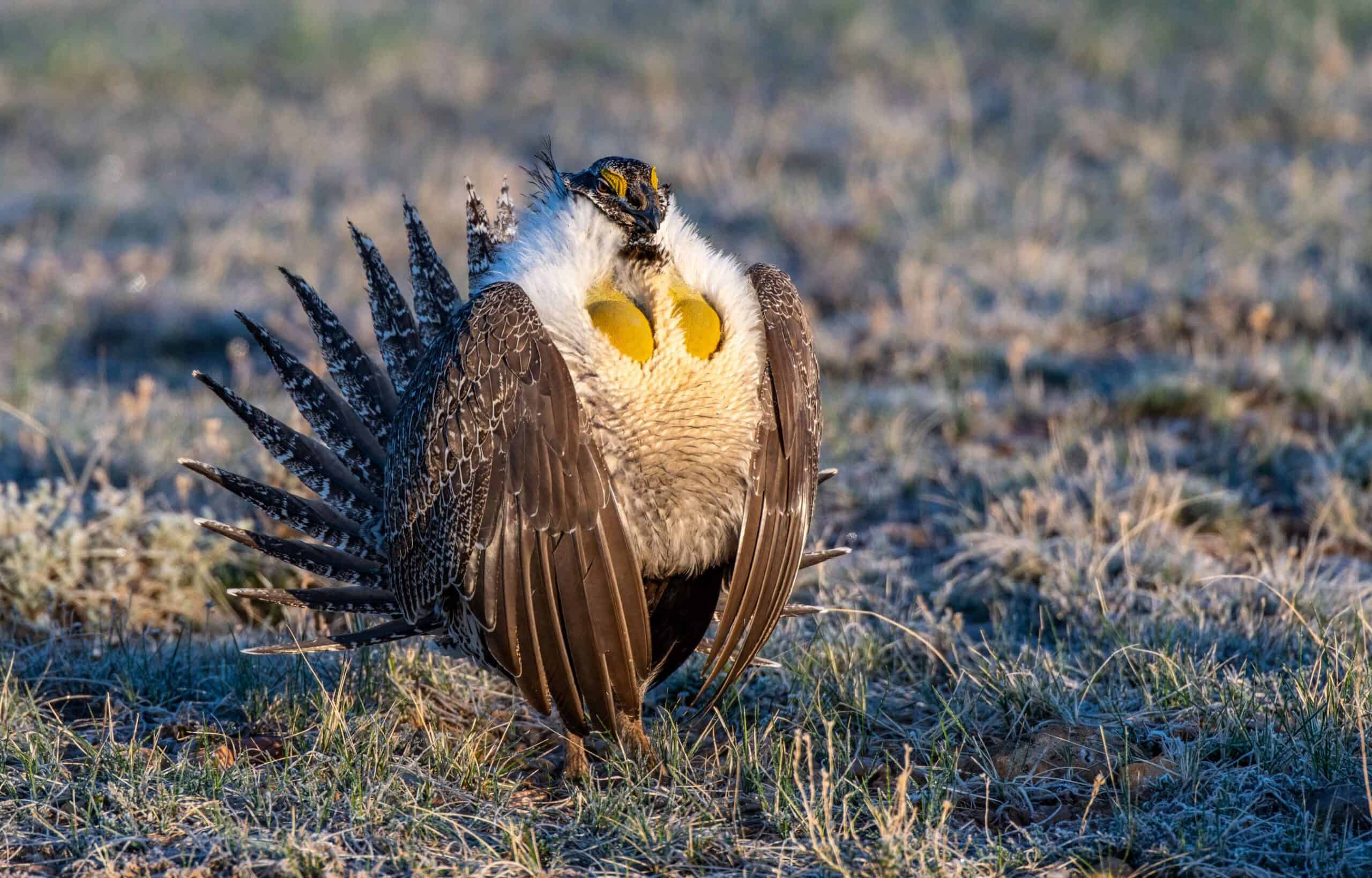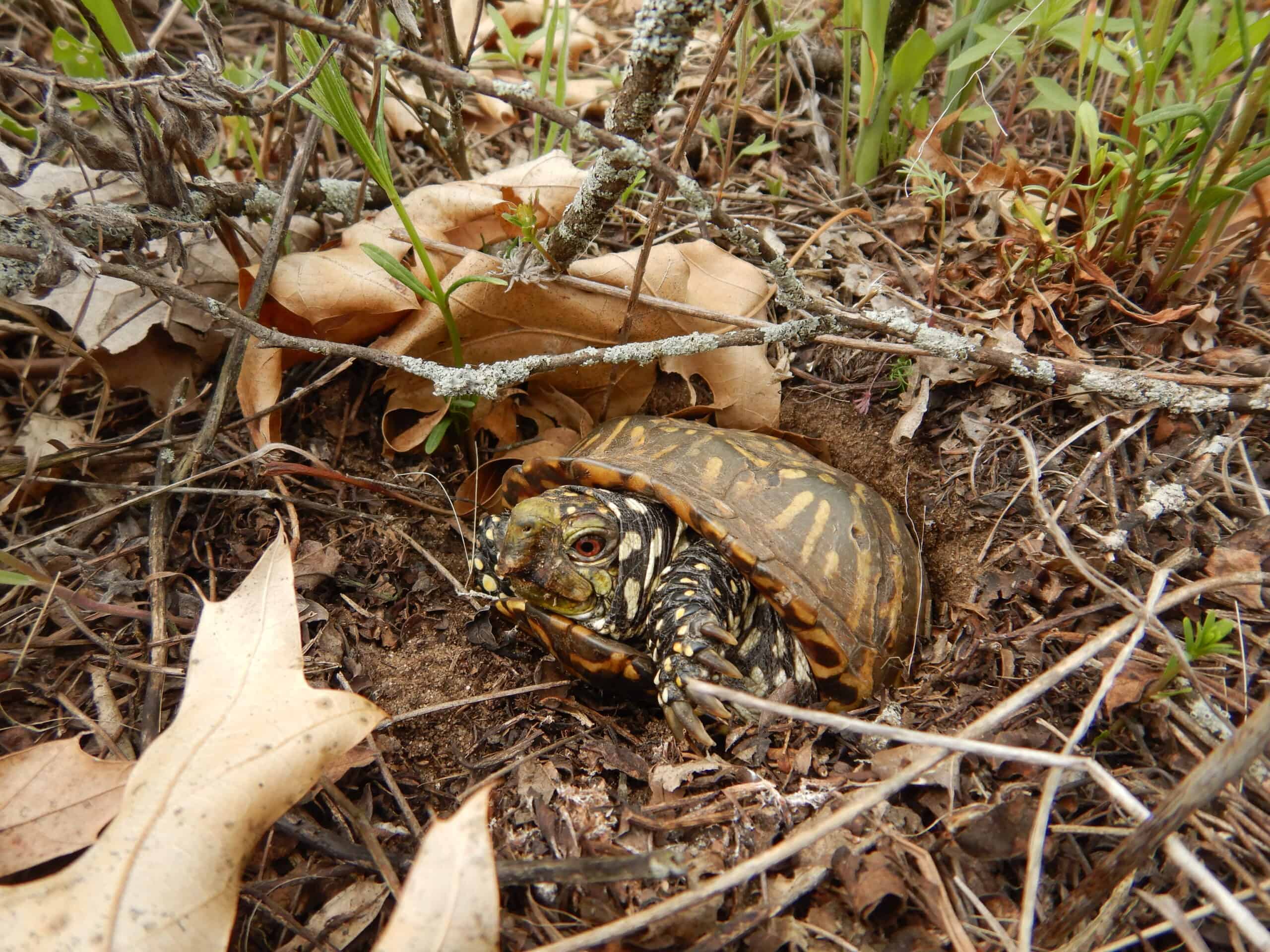Share this article
Wildlife Featured in this article
- mule deer
Fires can be stressful to wildlife
Mule deer had high stress hormone levels amid B.C. wildfires
Wildfires aren’t just stressful to humans. Canadian researchers found that deer responding to wildfires in British Columbia showed high levels of stress in their poop. Shaun Freeman, a wildlife and habitat biologist with the Skeetchestn Indian Band, led a team that collected mule deer (Odocoileus hemionus) pellets from deer around two large fires burning in August. When the Toronto Zoo tested the samples, they found elevated levels of the stress hormone cortisol. More recent samples showed cortisol levels dropped by half. The impact of the stress isn’t clear, but Freeman says it can cause the animals to burn through stored fat and decrease their ability to reproduce. That could be concerning in this region, where mule deer numbers are declining and winter range has been reduced due to previous wildfires. British Columbia experienced its largest wildfire on record last summer amid a calamitous fire season throughout the country.
Read more from the CBC.
Header Image: A helicopter works on the McDougall Creek wildfire in British Columbia. Credit: B.C. Wildfire Service








